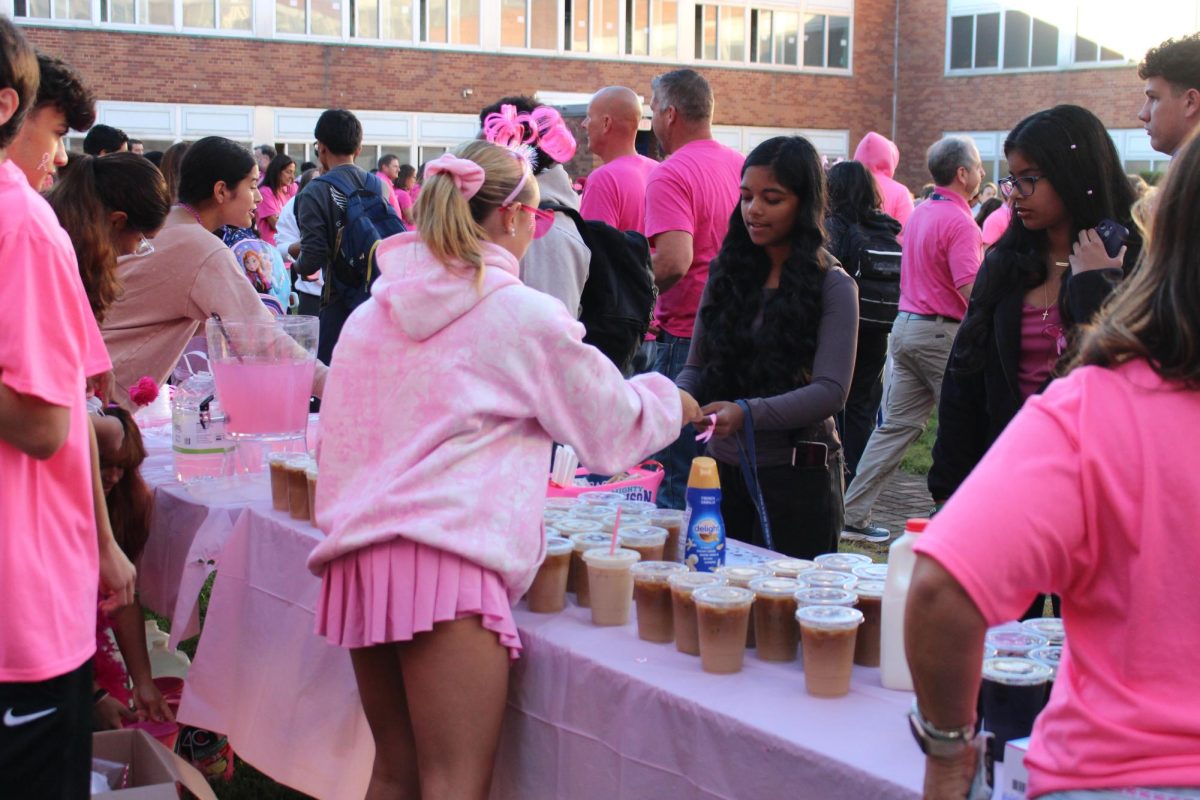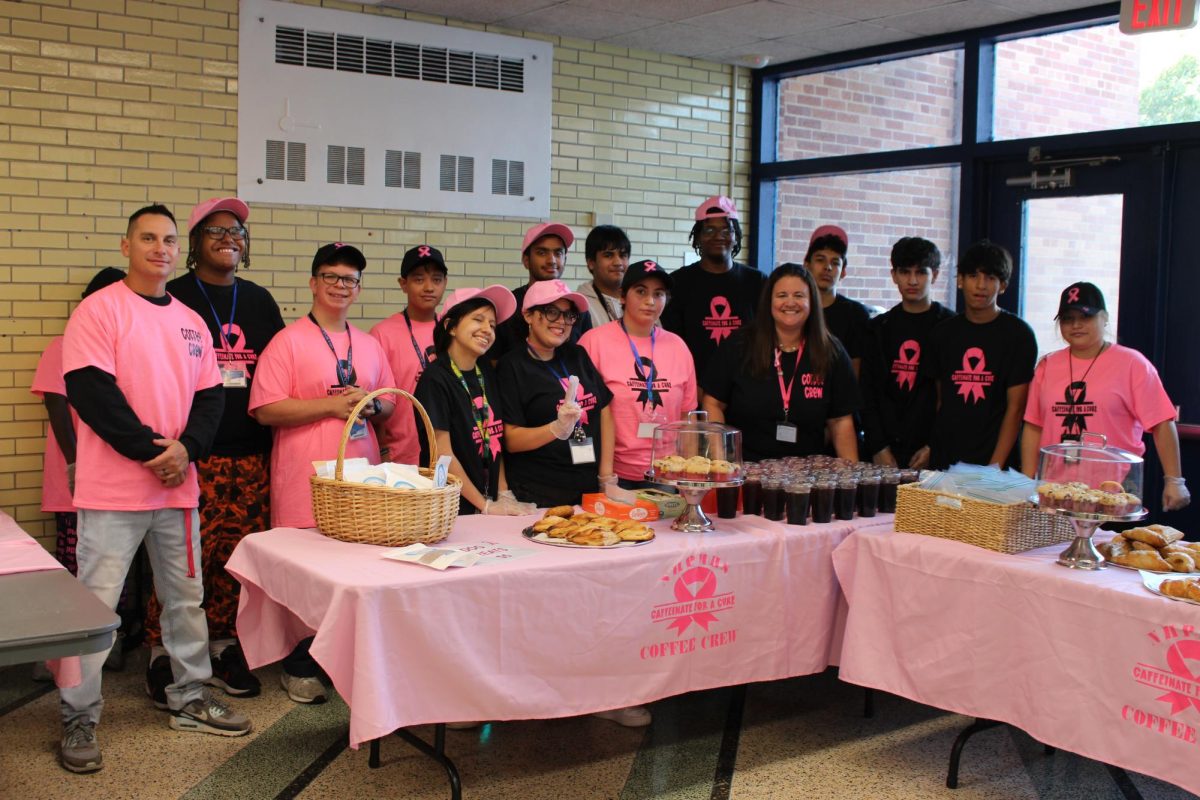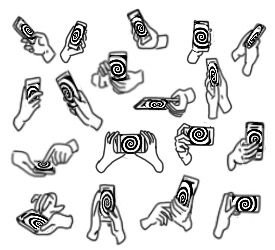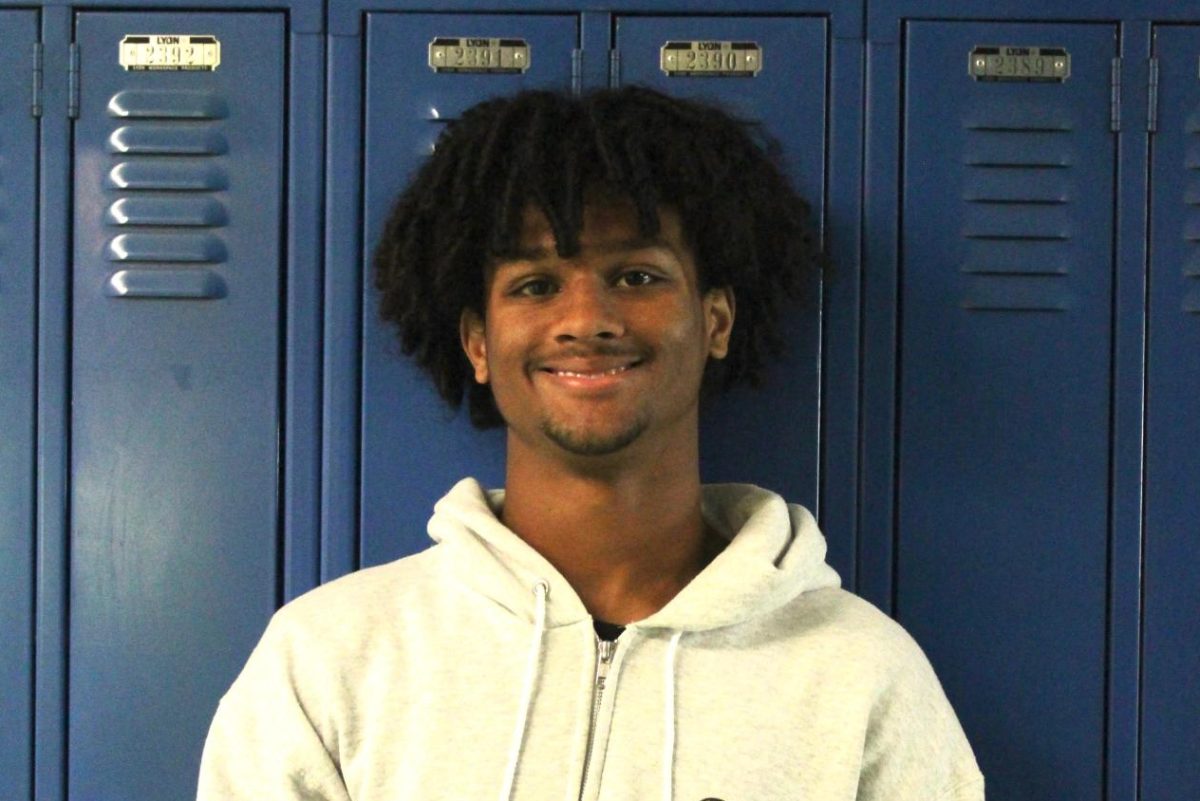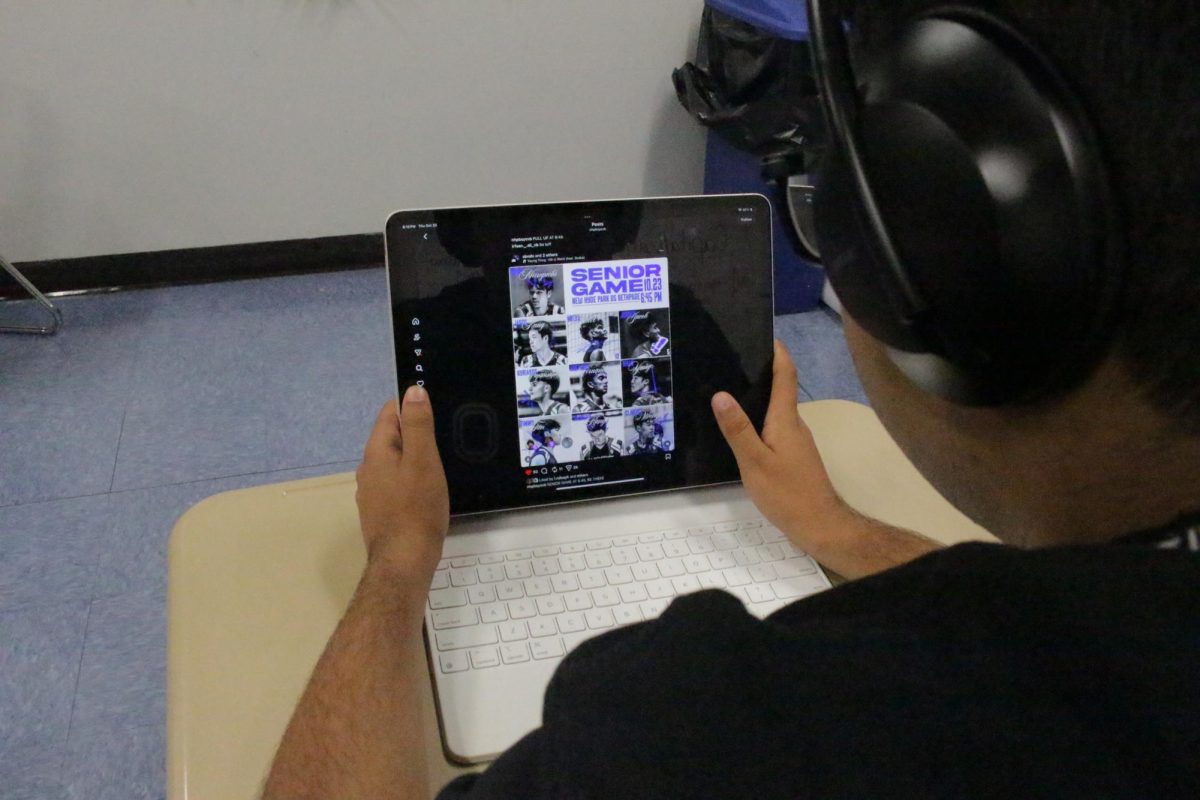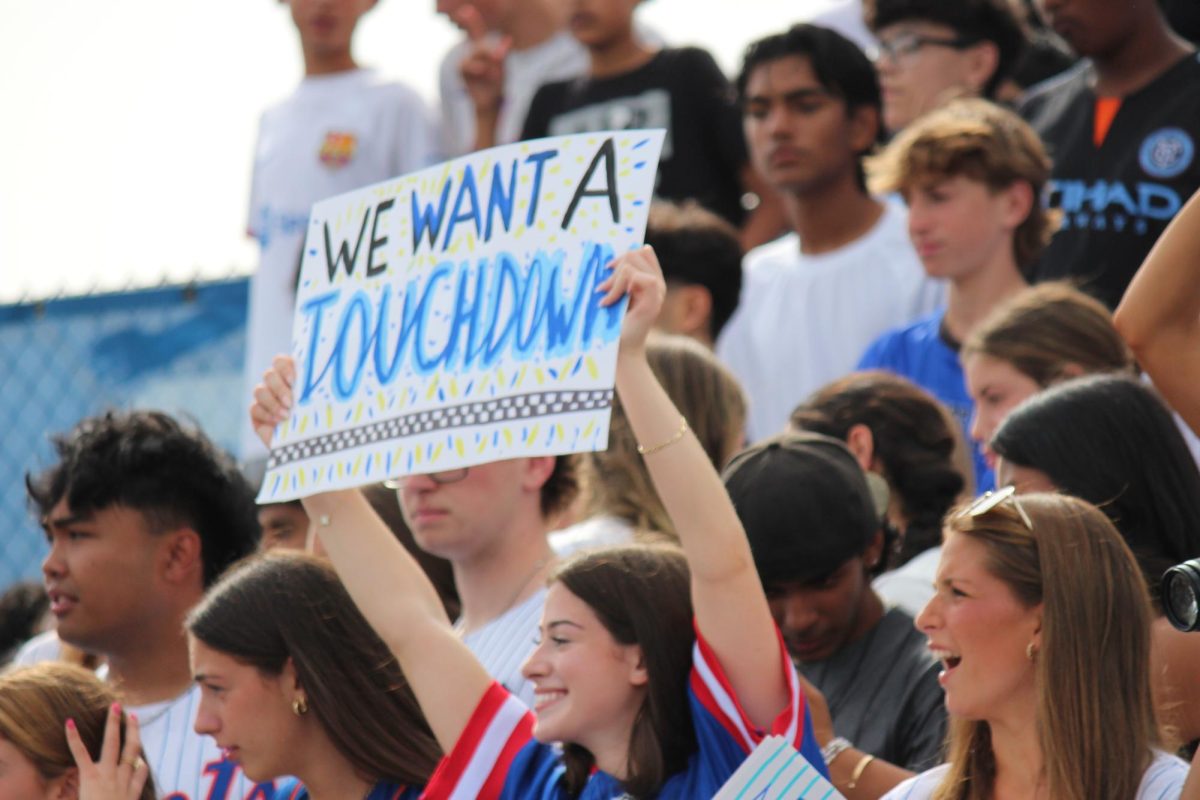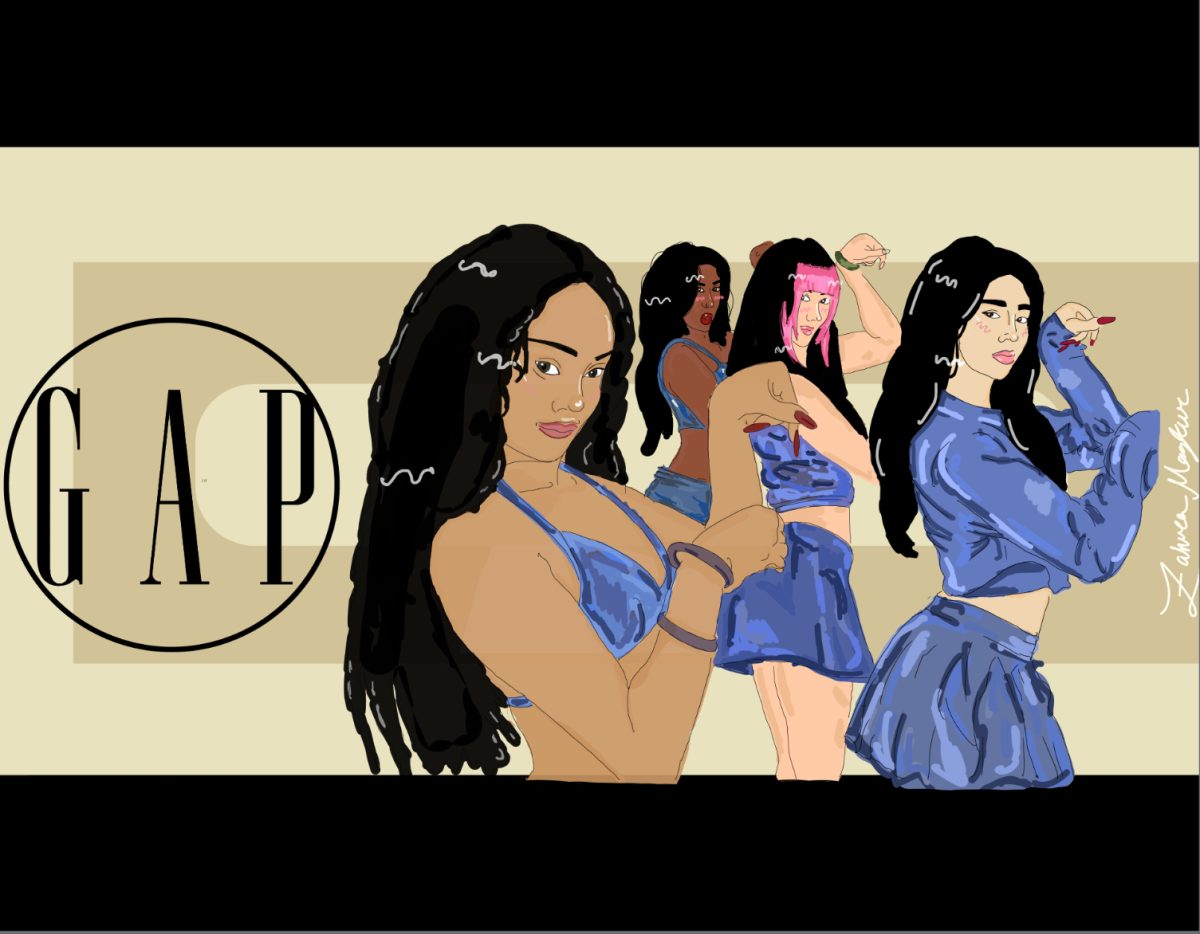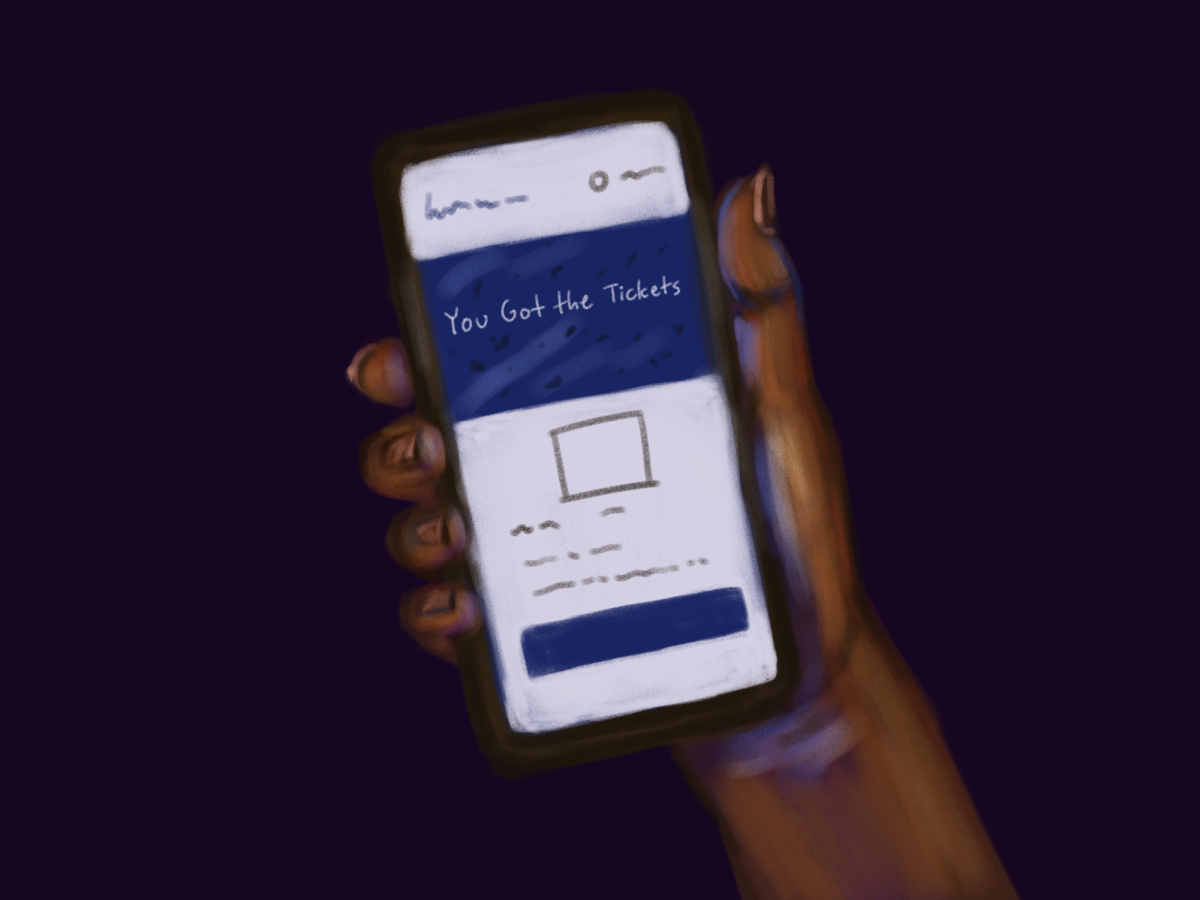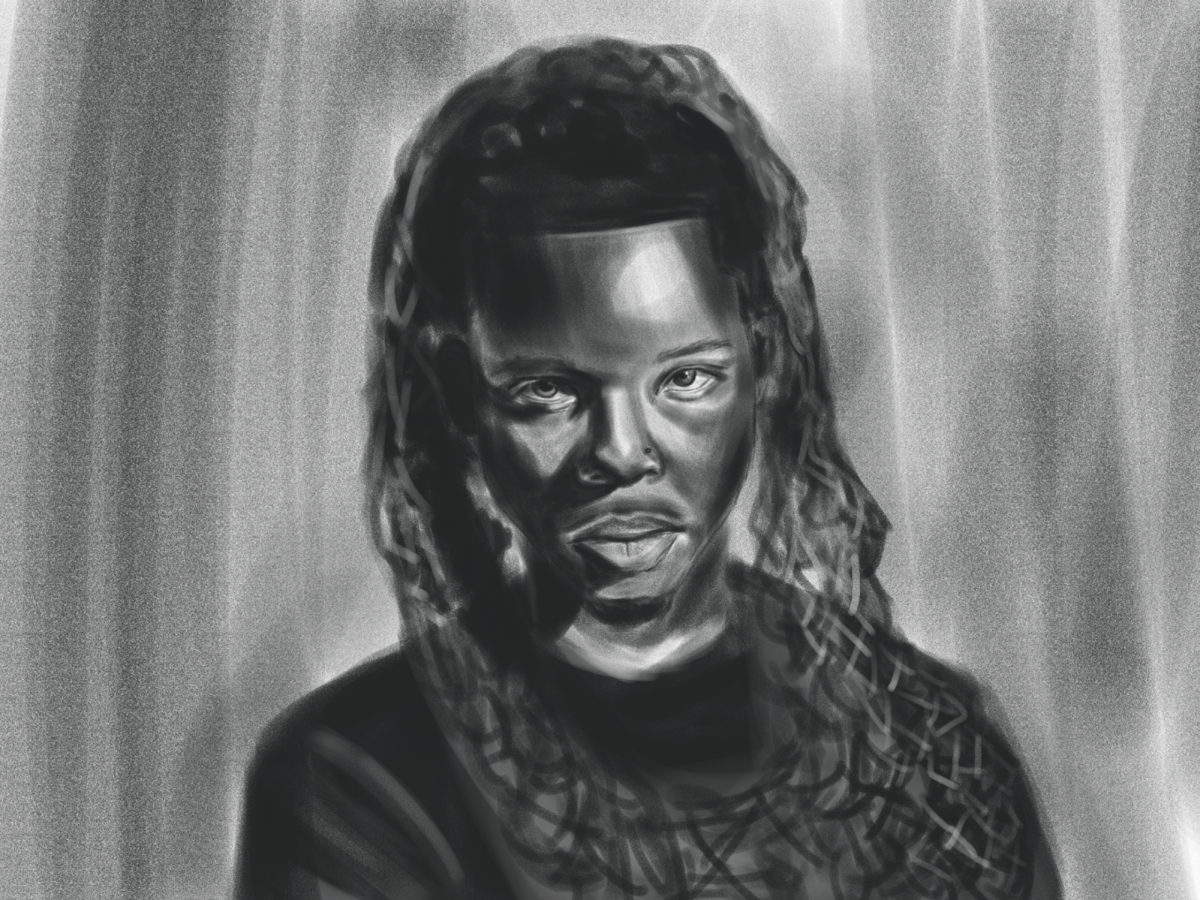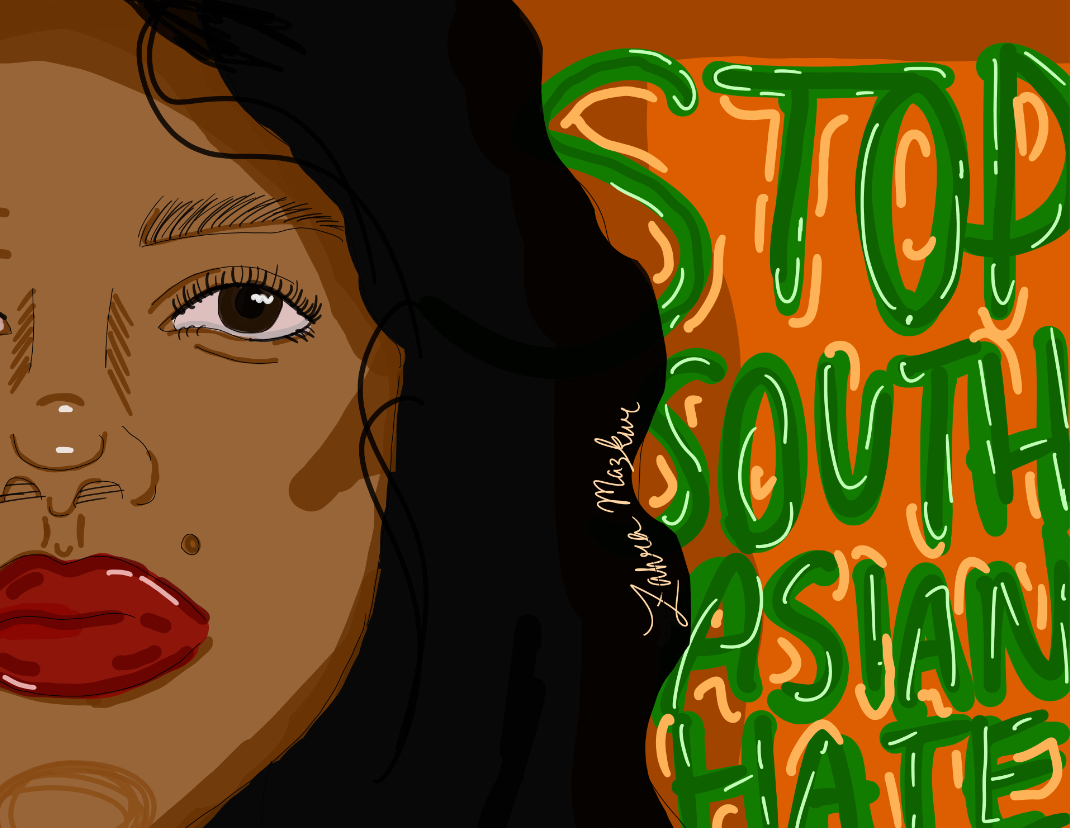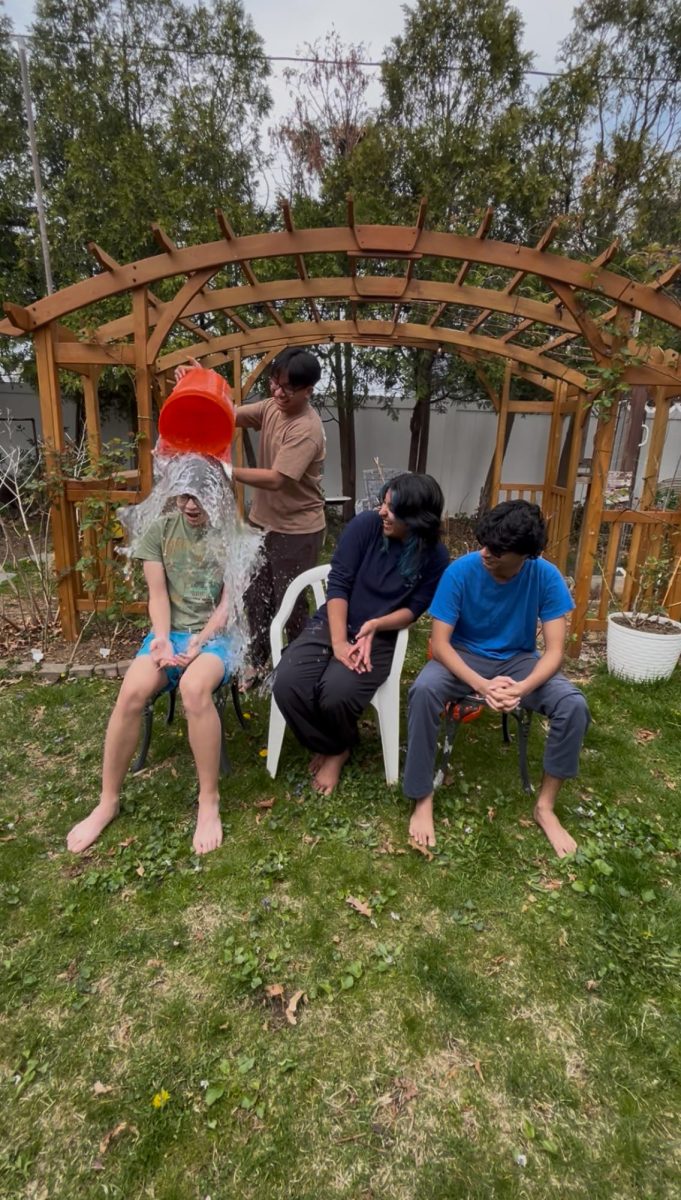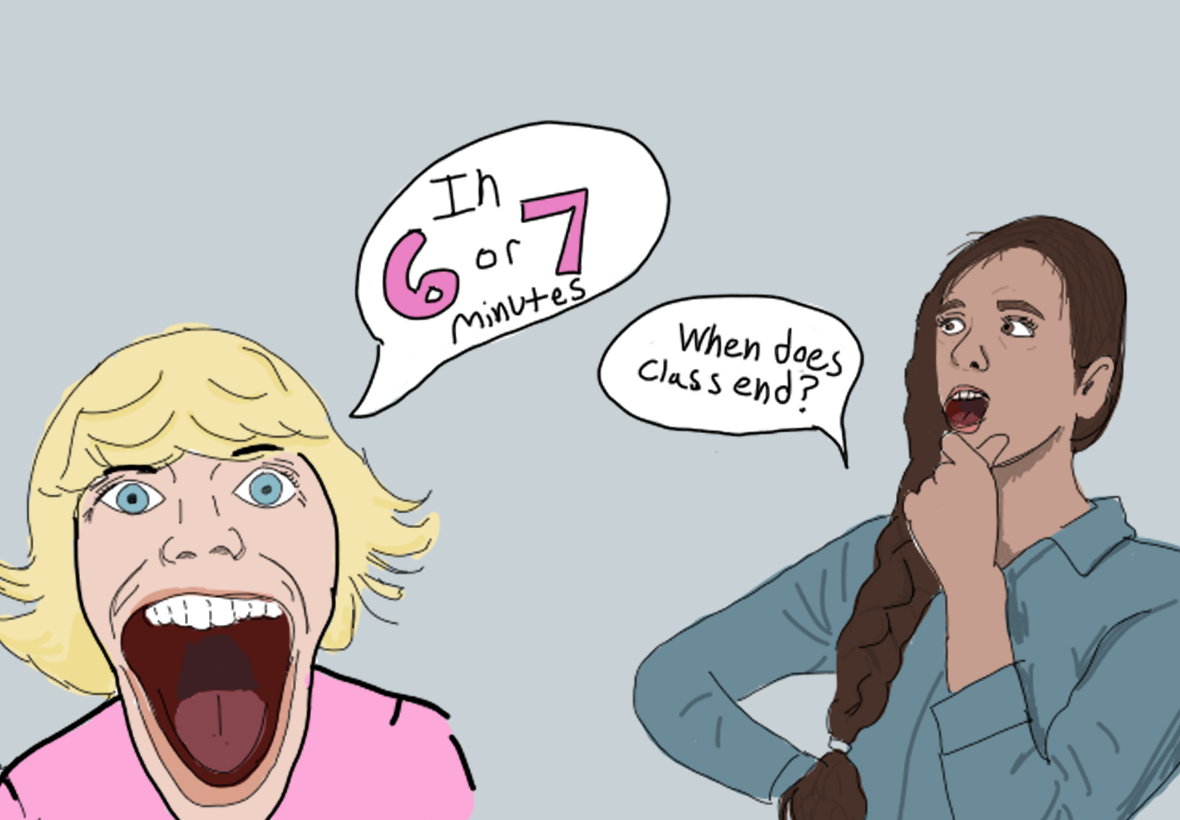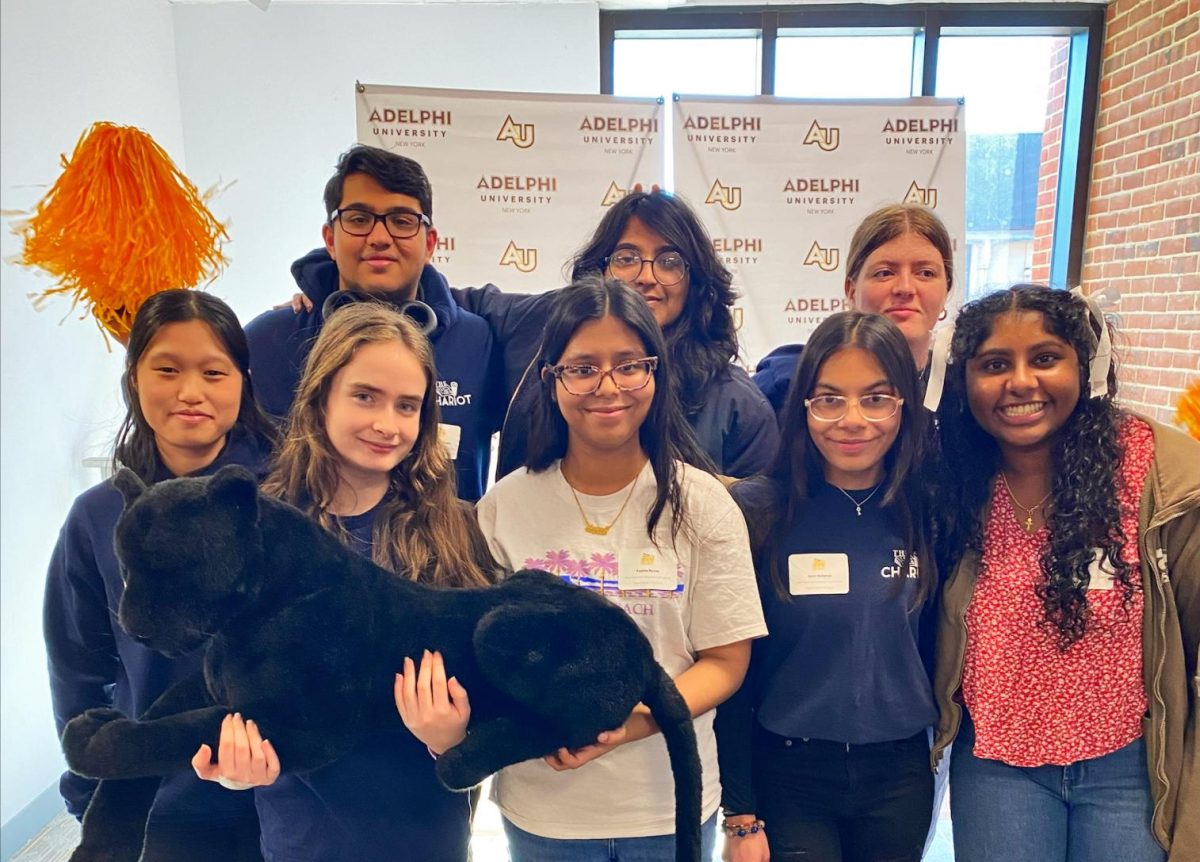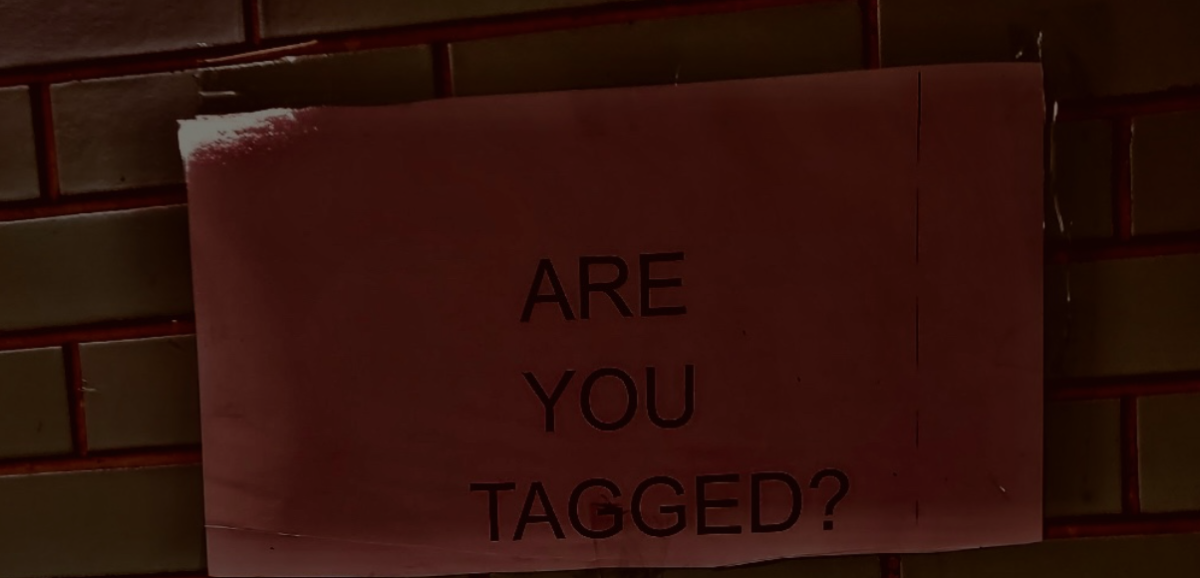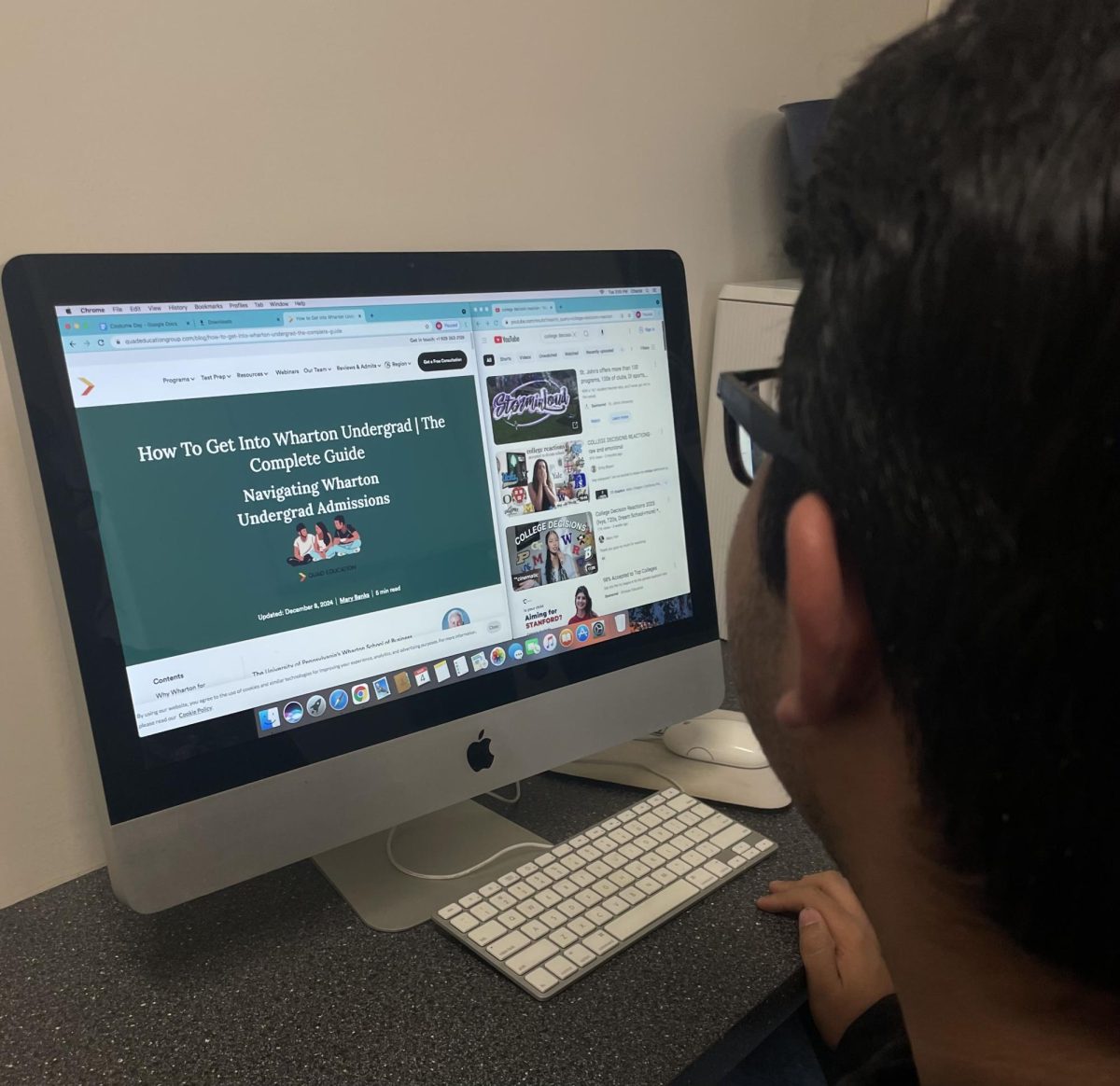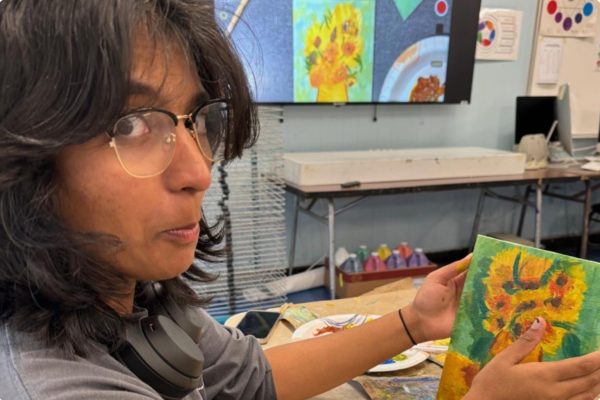In light of Sean “Diddy” Combs’ recent arrest for sex trafficking, social media has erupted into chaos. The gravity of the charges has prompted widespread discussion and a plethora of conspiracy theories on social media platforms, with some users linking Diddy to more grave occurrences within the music industry.
Social media has long been known for the rapid spread of misinformation, a trend that dates back to the early days of platforms like Facebook and Twitter. As these platforms grew in popularity, content creators frequently shared unverified content, fueling the spread of rumors.
Following news reports of Diddy’s charges, rumors began with social media users’ analysis of J. Cole’s song “She Knows.” Many fans speculate that through this song, J. Cole was hinting at a hidden alliance between P. Diddy and artists Beyoncé and Jay-Z. In the track, he references the deaths of several prominent figures in the music industry.
“Rest in Peace to Aaliyah / Rest in Peace to Left Eye / Michael Jackson, I’ll see ya / Just as soon as I die,” J. Cole sings in “She Knows.”
Fans have theorized that the alleged alliance was responsible for eliminating Aaliyah, Left Eye and Michael Jackson. According to this theory, if any artist were to achieve a level of success comparable to Beyoncé’s, the alliance would supposedly go so far as to murder them to maintain their dominance.
Once a specific story gains fame, content creators create their own interpretations, giving their own dramatic reenactments and elaborate explanations. This is seen when they use audio clips of “She Knows” in the back of pictures of Aaliyah and Michael Jackson. Perhaps most resemblant, in almost every comment section, even those having nothing to do with P. Diddy, readers can see someone commenting “Before I scroll, I just want to thank Beyoncé.”
This sparked a wave of additional theories surrounding the Grammy Awards. For instance, fans speculated that Adele breaking her “Album of the Year” Grammy was not just a gesture of admiration for Beyoncé, but also a measure to protect herself against the rumored alliance. Lizzo’s mention of Beyoncé during her Grammy acceptance speech was interpreted in a similar light.
Additionally, there are discussions about Kanye’s interruption during Taylor Swift’s acceptance for “Best Video by a Female Artist,” with many connecting it to this broader theory.
“Yo, Taylor, I’m really happy for you, I’mma let you finish,” Kanye West said during the 2009 VMAs. “But Beyoncé had one of the best videos of all time! One of the best videos of all time!”
Many fans claimed that while many originally thought Kanye was being rude to Taylor, he might have been saving her life by shifting the focus back to Beyoncé.
Perhaps the most far fetched evidence provided for these theories is the analysis of coincidental dates between the main artists involved. For one, Jay Z., P. Diddy and Beyoncé were all born on the fourth. Fans used this coincidence and compared it to the late Aaliyah, Left Eye and Michael Jackson all dying on the twenty-fifth.
Fans continued to speculate that Beyoncé’s world tour dates are linked to the deaths of music icons. This case is supported through the alignment of Michael Jackson’s death with the “I Am…” World Tour, Whitney Houston’s death with the “Miss Carter Show” Tour and Bobby Womack’s death with Beyoncé and Jay Z’s tour.
The algorithms of social media platforms like TikTok and Instagram boost videos based on viewer engagement rather than credibility. As content creators create videos reacting to these theories, many purposely use dramatic and exaggerated storytelling to capture attention, causing the rapid dissemination of misinformation.
It is recommended to fact-check the information that appears on social media feeds, considering the unreliability of content on these platforms. It is helpful to treat content consumption as if it were a diet: just as a balanced diet is crucial for physical health, a well-curated “information diet” is essential for increased knowledge and awareness of real-world situations.
Just like processed snacks are high in calories but low in nutrition, certain types of social media content—clickbait headlines, sensational news, gossip or memes—can be low in value and high in emotional charge. A balanced diet includes a variety of nutrients from different food groups, and similarly, a healthy information diet should include a range of perspectives, news sources and content types in order to accurately inform oneself on current events.

